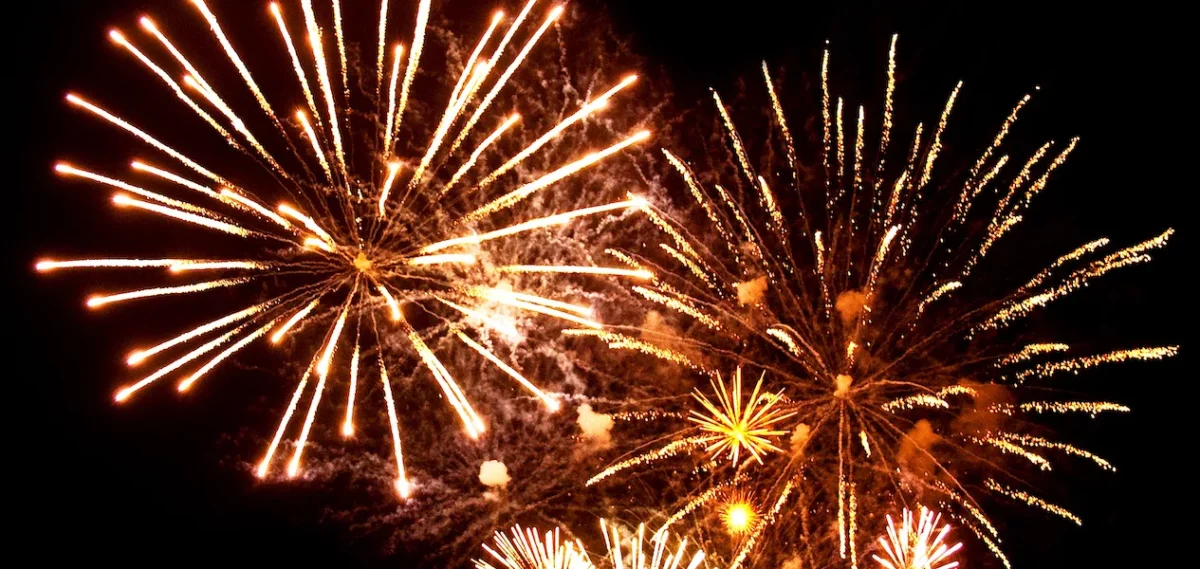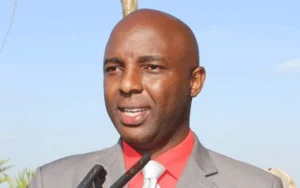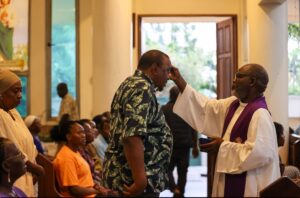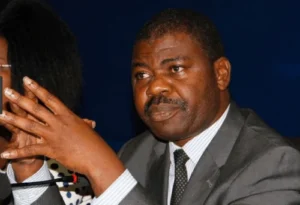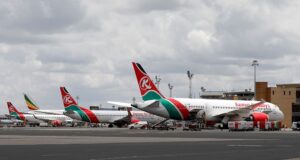In anticipation of the upcoming Diwali and Hindu New Year celebrations, the Kenyan Ministry of Petroleum and Mining has introduced fresh guidelines and rules concerning the use of fireworks across the country.
The official circular released by the Ministry outlines the need for individuals to obtain permits from the Ministry of Petroleum and Mining offices in various regions of Kenya. The use of fireworks, as emphasized in the circular, is restricted to authorized venues designated by an explosive’s inspector.
The Ministry of Mining led by CS Salim Mvurya has also published a notice detailing the countrywide fireworks displays scheduled to take place over two days during the Diwali Celebrations, which are set to occur between November 11th and 12th.
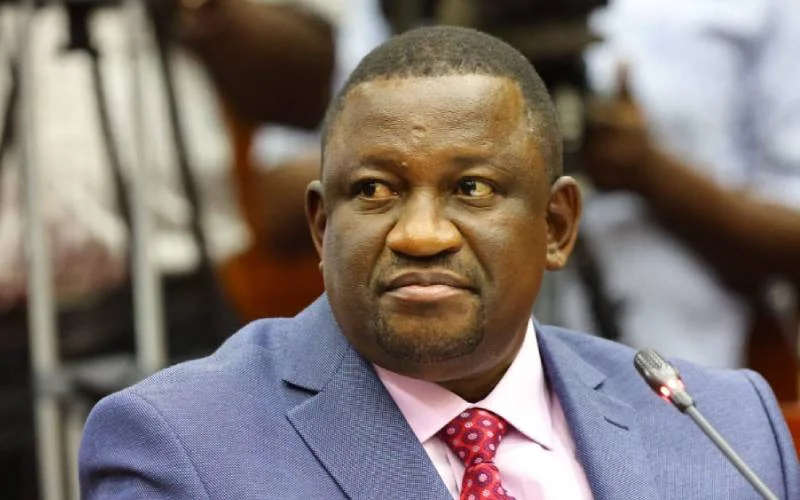
To ensure safety and compliance with the new rules, the Ministry has outlined a set of guidelines for Kenyan citizens to follow during the Diwali festivities organized by the Hindu community.
In line with these regulations, individuals planning to utilize fireworks are required to seek authorization from the Ministry’s offices in key locations such as Nairobi, Mombasa, Kisumu, Eldoret, and Nyeri. Furthermore, the lighting of fireworks is only allowed in specific areas, which include clubs, temples, sports grounds, and school compounds. Any usage outside of these predefined areas necessitates prior approval.
“Fireworks should only be used at authorized venues such as clubs, hotels, temples, sports grounds and school compounds…Display shells are limited to a maximum of four –inch caliber in all venues in urban and built –up areas except as may be exempted by an inspector of explosives in writing,’’ read the notice in part.
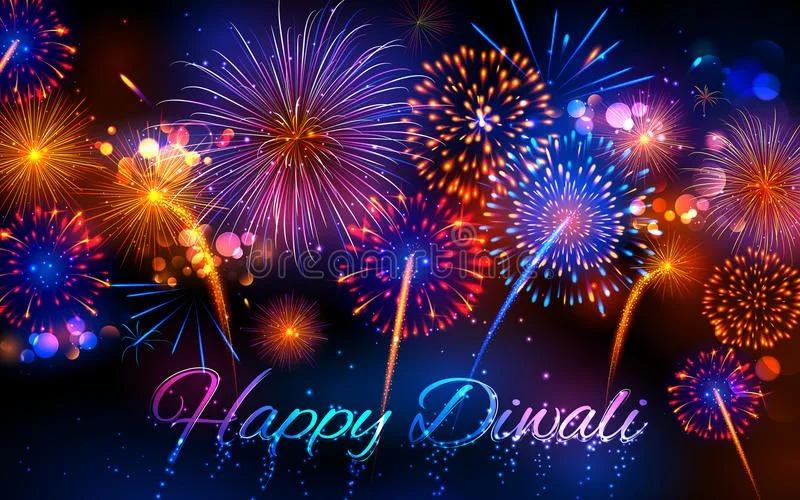
The official notice specifies that fireworks displays are confined to the hours between 7:00 PM and 11:00 PM exclusively on the authorized dates. Display shells should not exceed a maximum caliber of four inches in urban and built-up areas, unless specifically exempted in writing by an Inspector of Explosives. Additionally, only qualified, experienced, and sober individuals will be permitted to ignite aerial shells.
The regulations also extend to fireworks dealers, who are cautioned against selling their products to children under the age of 13. To engage in the sale of fireworks, dealers must obtain clearance certificates issued by government authorities.
Read Also: Diwali: Kenyans Hope Monday will be a Public Holiday
The notice concludes with a stern warning, highlighting the significant penalties associated with non-compliance. The improper and unregulated use of fireworks can pose considerable hazards, endangering both property and lives.
Negligent actions that lead to property endangerment may result in fines not exceeding Ksh5,000 or imprisonment of up to 12 months, or both, as specified in the Explosive Act. In cases where explosions negligently cause fatalities, individuals may be liable to fines not exceeding Ksh20,000, imprisonment of up to two years, or both.
While Diwali is primarily India’s most prominent holiday, it is celebrated worldwide as the Festival of Lights. The festival symbolizes the victory of light over darkness and good over evil. Diwali spans five days, with the main celebration taking place on the third day, coinciding with the darkest night of the Indian calendar.
Subscribe to Switch TV for more content
Diwali is also known as the Festival of Lights, and its date varies each year based on the lunar position in the Hindu calendar, typically falling in October or November in the Western calendar.


